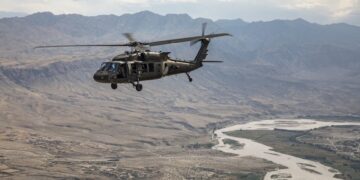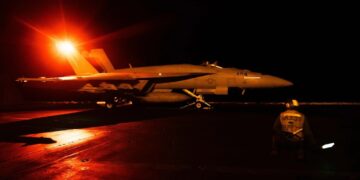January 10, 2021
The U.S. shouldn’t pick winners and losers in Yemen’s war
FOR IMMEDIATE RELEASE:
January 10, 2021
Contact: press@defensepriorities.org
WASHINGTON, DC—Today, Reuters reported the U.S. plans to designate the Houthi rebel group in Yemen as a foreign terrorist organization, placing restrictions on those who would deal with the militia. Defense Priorities Fellow Daniel DePetris issued the following statement in response:
“Designating the Houthis as a Foreign Terrorist Organization is a high-risk, low-reward decision for the U.S. Rather than constraining Tehran for backing the rebel group, it will add to U.S.-Iran tensions that are in desperate need of deescalation, worsen Yemen’s dire humanitarian situation, increase hunger throughout the civilian population and put Washington in the position of penalizing foreign governments, humanitarian workers, and the U.N. itself for interacting with the group in any capacity.
“While the Houthis have committed war crimes in the course of the six-year civil war, the group is not a direct national security threat to the American people or to U.S. interests in the Middle East. Its ambitions are local and the group holds few—if any—assets outside Yemen, which means designating the Houthis as terrorists will have no impact on the group’s ability to function. However, the approximately 70 percent of the Yemeni population under Houthi control will suffer as aid flows dry up and channels of communication are further constricted.
“By assisting the Saudi-led military coalition with logistics, intelligence, and diplomatic support, the U.S. is unwisely picking winners and losers in a tertiary civil war and sullying its moral authority. The incoming Biden administration should remove the U.S. from Yemen’s war, cut off all support to the Saudi-led coalition, and encourage the U.N.-led diplomatic track—changes that would send a message to Riyadh and Abu Dhabi that they aren’t entitled to unconditional U.S. support.”
More on Houthis

Featuring Rosemary Kelanic
July 27, 2025

Featuring Jennifer Kavanagh
June 5, 2025

Featuring Rosemary Kelanic
May 20, 2025

By Kevin Joseph
May 12, 2025
Events on Houthis




